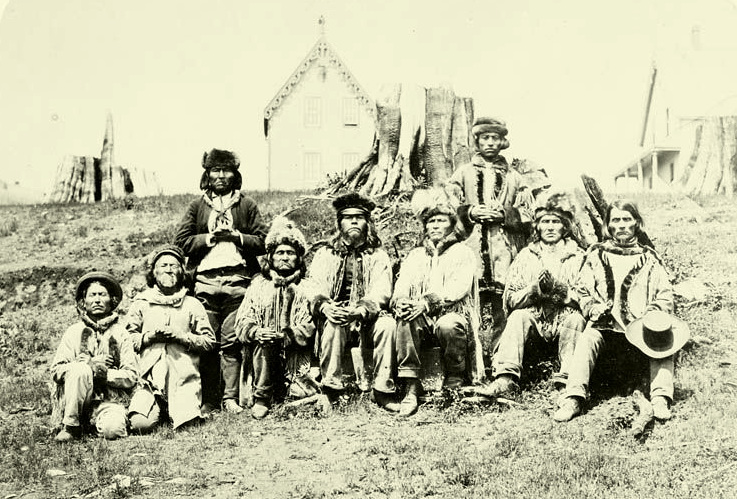Leonard Peltier Tribunal On Indigenous Rights Begins Today
The Leonard Peltier Tribunal on the Abuse of Indigenous Peoples Rights begins today in Green Bay, Wisconsin.
Lakotas will begin the testimony this morning at the Radisson Conference Center, on Wednesday, Oct. 2, 2013.
The Tribunal, available on Earthcycles livestream, begins with testimony by William Means, Lakota and founder of the International Indian Treaty Council.
"Black Hills, from Creation to Annexation to Reclamation," begins the Tribunal. Means is scheduled to speak with Charlotte Black Elk, Oglala Lakota activist and scholar, and Leonard Crow Dog, Lakota spiritual leader.
Speakers this morning on the Wounded Knee Massacre include Edgar Bear Runner. "Wounded Knee 1973" speakers include Dennis Banks, Clyde Bellecourt, Madonna Thunder Hawk and Larry Leventhal.
The US versus Leonard Peltier, and Peltier's incarceration, trials and appeals, will be discussed during the three day Tribunal before a panel of human rights judges on Oneida Indian land here in Green Bay, Oct. 2 --4.











